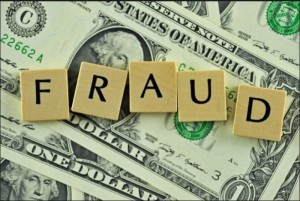Short Answer about consumer fraud and odometer fraud
What is odometer fraud? Selling or transferring a car knowing that the odometer is wrong or has been altered
Is odometer fraud consumer fraud? Selling or transferring a car knowing that the odometer is wrong or has been altered or JUST selling a vehicle with an incorrect odometer reading.
In certain ways odometer fraud is a very simple concept. They are both state and federal laws dealing with odometer fraud. The basic concept is that if a seller of an automobile, or a transferor of an automobile, or where that the odometers and correct or has been tampered with in any way, there is an obligation to disclose same on the odometer disclosure statement. If you disclose same on the odometer disclosure statement that the mileage is improper were not accurately reflected on the vehicle would not have any liability either under the federal or state odometer law.
The federal law on odometer fraud requires the proving of knowledge of the mileage. However, the liability under state law does not require the same level of proof. Obviously, if you prove that an individual sold the vehicle or transferred the vehicle knowing the mileage was incorrect there is a claim for fraud. The basic defense to this claim is that there was disclosure. Naturally fraud claims carry the penalty punitive damages. However, it gets dicey when you are dealing with transferring or selling used motor vehicles where the seller claims ignorance or were unaware of the odometer discrepancy.
 New Jersey Lemon Law Lawyer Blog
New Jersey Lemon Law Lawyer Blog





